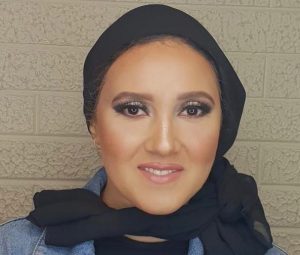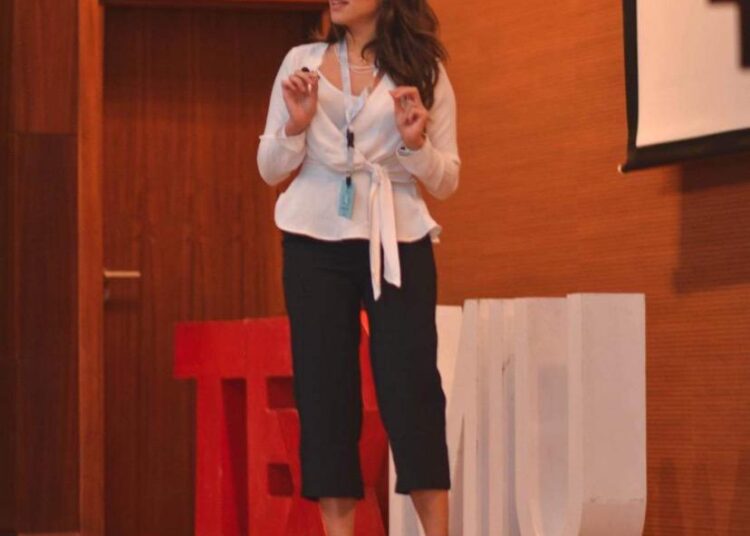
During dinner at a sushi restaurant in Egypt, Menna Shahin and her friends saw the waiter throwing plenty of fresh food into the waste bin. They asked him if there was any alternative for dealing with food waste. He said ‘no’. One third of food is wasted globally. In the MENA region that is equivalent to 250kg/per person thrown away annually. “The cost is tremendous. It is a $100 billion burden on the hospitality industry worldwide,” Menna Shahin, 34, founder of Tekeya app told this paper.
EG: Why did you start and what’s the passion behind?
Menna Shahin: Most of us realise that food waste exists and we cringe, but there is no action taken. In 2019, I started thinking about how we could do something and how to use today’s technology to bring purpose back to unsold food items and avoid waste. I launched the Tekeya mobile app to fight the increase in wasted food, save unsold food before its expiry date, increase awareness of food production and consumption, feed the needy, and save the environment by reducing carbon emissions.
EG: What is your background?
MS: I graduated from the Faculty of Pharmacy, Ain Shams University. My major focus was in pharmaceutical industries.
EG: What are the issues you are solving and what is your value proposition?
MS: Our app is working on stopping perfectly good food from simply being thrown away. Through the app, suppliers can display food items they wish to dispose of. They are put on a digital marketplace, where they can be bought reduced prices or donated to charity. Our proposition is simple: we are bringing purpose back to these food items by connecting providers with consumers and charities. It’s a win-win-win situation: more profit for suppliers, more care for the needy, more savings for customers.
EG: Tell us more about the process, users and business model.
MS: A provider can choose to donate directly to charity and pay us subscription, or sell at a 50 per cent discount to the customer and pay us commission per transaction. The customer can either buy the foodstuffs for themselves, or buy them and choose to donate to charity. We do deliveries or the customers can pick up the goods themselves.
There are 75 certified charities with accounts on the app. They receive notification of free food, which they can collect or have delivered.
Our revenue stream is based on commission per transaction and on subscription fees.
EG: What are your main challenges?
MS: We still don’t have a culture of not throwing away leftovers. The mentality behind it that leftovers cannot be used so it is better to throw them away.
EG: What are your achievements and coming plan?
MS: Tekeya mobile app has helped save more than 8500 meals from being thrown away and 2000 kg of CO2 emissions avoided. So far, 15,000 people have downloaded the app and more than 9,000 users have registered. We have also attracted more than 30 food suppliers to the app.
Our aim is to save over 50 million meals over the next five years across the Middle East and Far East by bringing together all stakeholders involved across the food value chain. We are aiming for 500 partners by 2022.
EG: How do you find the entrepreneurial ecosystem in Egypt?
MS: The ecosystem is growing fast in Egypt. This has helped us gain access to mentoring and coaching to develop our app through local incubators and programmes. But, we need more incubators and accelerators to grow the startup rather than wait for a startup to grow at an early stage.






Discussion about this post